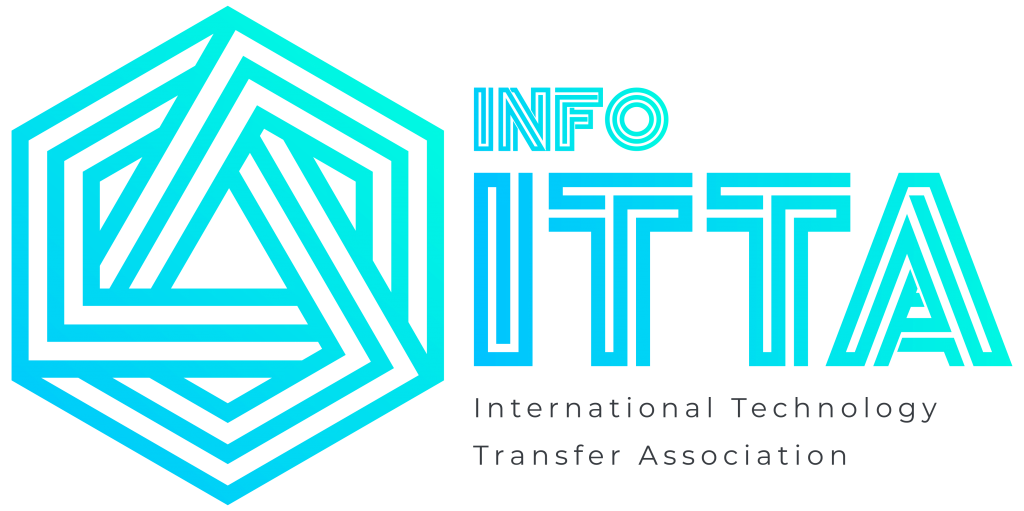Recent Posts
- Ukraine recovery should be based on development of territorial communities, innovations, involvement of professional domestic community – results of ESUR forum 29.06.2023
- Ukraine repatriates five more seriously wounded Russian POWs 10.04.2023
- Rada intends to include history of Ukraine, foreign language in final certification for general secondary education 10.04.2023
- Rada terminates protocol on joint anti-terrorist measures in CIS territories for Ukraine 10.04.2023
- 100 Ukrainians, incl defenders of Mariupol, returned according to swap procedure – Yermak 10.04.2023
World Bank considers budget, restoration of infrastructure, boosting economic activity as priorities of Ukraine's external support
KYIV. Feb 23 (Interfax-Ukraine) – Ukraine’s development partners, including the World Bank, are supporting the country’s government in pursuing a fast recovery, without waiting for the end of the war, with priorities such as restoring energy and critical infrastructure and boosting economic activity, World Bank Regional Country Director for Eastern Europe Arup Banerji has said.
“Fast recovery (sometimes called emergency repairs) must now run simultaneously with continued support for essential services, and planning for reconstruction efforts will also need to start before the war is over,” he told Interfax-Ukraine.
Banerji said that the first priority is continued support to the government budget for the core public services such as health, education, and social protection. He recalled that Ukraine needs about $3-4 billion per month for these purposes this calendar year.
The second priority, he said, is to repair and restore the energy system, which is continually under attack. Third is to help restore critical infrastructure – which includes repairing schools and hospitals, ensuring heating, electricity and water services, transport repairs for connectivity and service delivery, as well as repair of lightly damaged housing to ensure adequate shelter.
“Finally, boosting economic activity – including support to farmers for the next agricultural planting season, and support to small and medium businesses,” the regional country director added.
He pointed out that the major support the World Bank is engaged in in Ukraine is the project called Public Expenditures for Administrative Capacity Enhancement in Ukraine (shortened to the English acronym PEACE in Ukraine). This project has by now mobilized over $20 billion – and already distributed over $17 billion, and is the largest single project in the World Bank’s almost 80 year old history.
Asked about the Ukraine Relief, Recovery, Reconstruction and Reform Trust Fund (URTF) set up by the World Bank late last year to coordinate grant financing, Banerji said the fund has received $295 million in donor contributions to date.
According to him, the first signed and approved URTF grant was announced on February 10: the RELINC project will allocate $50 million to repair and restore Ukraine’s transport network to support immediate humanitarian relief and recovery, and increase capacity of import and export corridors.
An additional $210 million in grant financing has also been committed to new recovery projects in the health sector – the HEAL Ukraine Project, which is improving and strengthening primary health care, addressing increased demand for mental health and rehabilitation services and supporting capacity building for key health institutions, the World Bank representative added.
“Soon the Restoration Project of Winterization and Energy Resources (REPOWER), which is helping Ukraine purchase key equipment to restore power to Ukrainians. The URTF will soon fund additional projects in the pipeline, as additional funds become available,” Banerji also said.

